A menstrual pad cost her future: How can we change this?
I was in fifth grade when the teacher announced that racing would count as a final exam for physical education. Boys were ready to compete with girls. Racing as pairs!
Ready, set, go! The teacher cried. Jemie was a brilliant and beautiful little girl. When she got her turn to run, she was clearly ahead of many of us. She was so fast that none could follow her. A few feet away, a long bloody rag came down her legs. A piece of cloth she had grabbed and used as a menstrual pad.
A class of approximately fifty children surrounded her to check on the situation. I could read her feelings. She felt betrayed and ashamed. She started crying as if it was her fault. She managed to escape the crowd. Jemie did not get to the finish line but also she never came back to school. Despite her brilliance, she lost her future.
Later on, I came to realize that her family was very poor and could not afford to buy sanitary pads. In low-income settings, at least 500 million women and girls lack access to such basic supplies. This unfair condition reflects persistent equity gaps.
After three decades, I visited the school that Jemie and I attended in rural Rwanda. I had flashbacks as if her situation was yesterday. Unfortunately, access to sanitary pads remains an unmet need. I am grateful for friends and colleagues trying to address menstrual hygiene for hundreds of girls and women in my village and other underserved communities.
It is not common for men like me to express such a need and call for action. Consider your gift for girls and women who are likely to face Jemie’s tragedy. We can get them to the finish line.
Anatole Manzi is deputy chief medical officer at Partners In Health, assistant professor of global health at University of Global Health Equity, Founder of Move Up Global, Lecturer at Harvard University and Senior New Voices Fellow at The Aspen Institute.

